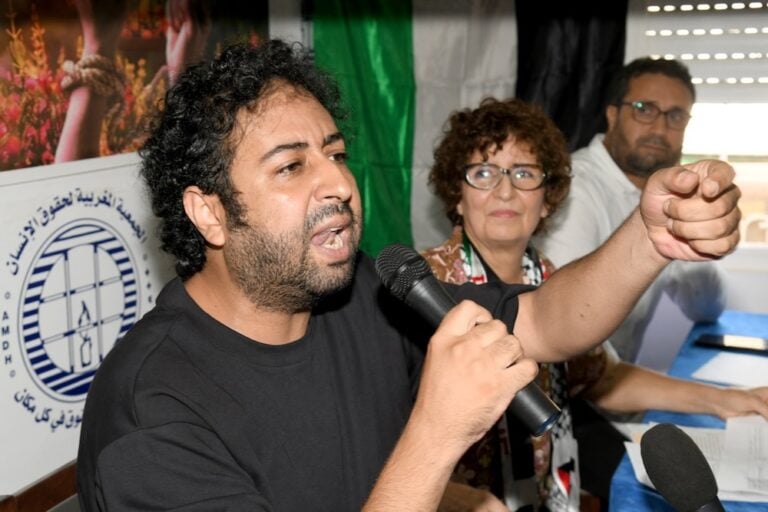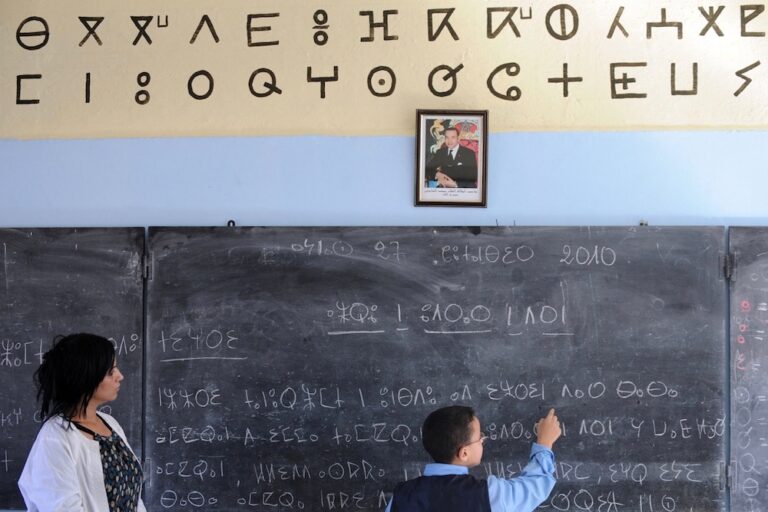ARTICLE 19 has reviewed the new Moroccan Draft Law No 31.13 on the Right of Access to Information and finds that it fails to adequately recognise the right to information and threatens free expression.
This article was originally published on article19.org on 29 September 2014.
ARTICLE 19 has reviewed the new Moroccan Draft Law No 31.13 on the Right of Access to Information and finds that it fails to adequately recognise the right to information and threatens free expression.
The Draft Law No. 31.13 on the Right of Access to Information was adopted by the Moroccan Cabinet on 31 July 2014. The new draft is significantly weaker than previous versions. ARTICLE 19 reviewed the previous two drafts of the bill.
A major flaw in the draft law is the limiting of the right of access to information to only citizens who can show a direct legal interest, rather than guaranteeing that all persons have the right to information. The new draft also abandons the establishment of an independent information commission, a significant omission.
Further, the exceptions to the right to information are very broad and unclear and need to be specified in more detail. The exceptions are not in accordance with international standards and do not fully ensure that harm and public interest are considered.
“Morocco needs to strengthen and implement the right of access to information guaranteed by the Constitution by adopting a law in line with international standards to ensure effective access to information for Moroccans”, said Thomas Hughes, Executive Director of ARTICLE 19.
Most controversially, the draft creates new criminal penalties for anyone who makes an “incorrect” statement when requesting information, the unauthorized use or reuse of information, or for “tampering” with it once it is released.
“It is outrageous to create criminal penalties against those who are exercising their right to information,” said Hughes, ”the right to information should not be a pretext for censorship.”
ARTICLE 19 calls on the Moroccan Government to revise the draft law in line with previous drafts in order to ensure the right of access to information as well as freedom of expression.


